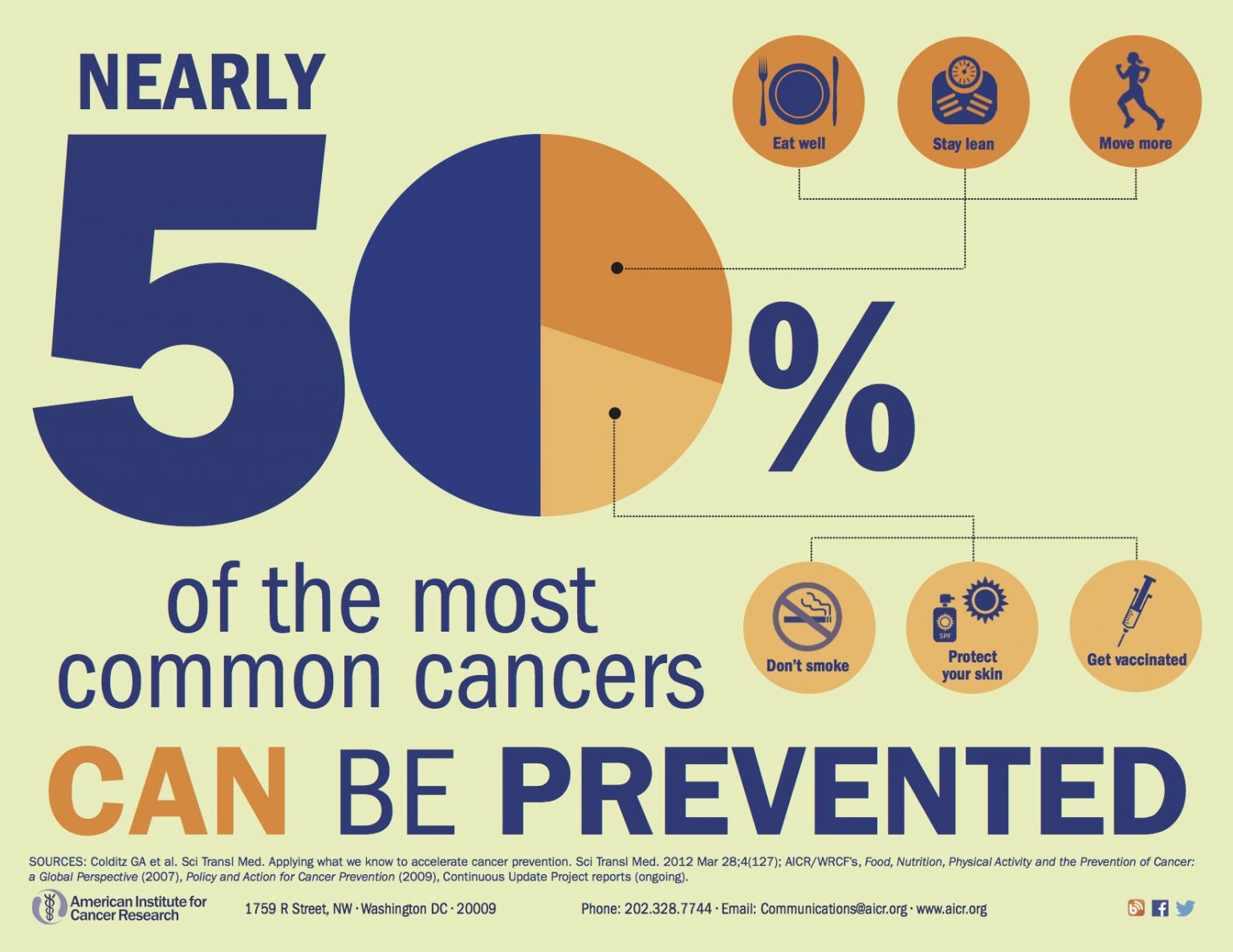Skin cancer, a prevalent yet preventable ailment, often necessitates a proactive approach to personal care. Understanding the underlying factors and adopting various strategies can significantly mitigate the risks associated with this condition. Below are comprehensive ways to avoid getting skin cancer.
First and foremost, **sun exposure is a primary contributor** to skin cancer development. To combat this, one must embrace protective measures to shield the skin. **Sunscreen** is essential; it should have a broad-spectrum SPF of at least 30, applied generously and reapplied every two hours, especially after swimming or sweating. Choose a sunscreen that offers both UVA and UVB protection to ensure comprehensive coverage.
In addition to sunscreen, **physical barriers** are vital. Wearing protective clothing, such as wide-brimmed hats, long-sleeved shirts, and sunglasses, serves as an excellent first line of defense. Fabrics with UPF (Ultraviolet Protection Factor) ratings provide additional assurance against harmful rays. Moreover, seeking shade, particularly during peak sun hours from 10 a.m. to 4 p.m., can considerably reduce exposure.
Furthermore, one should be aware of their **skin type** and any personal or family history of skin cancer. People with fair skin, light hair, and light eyes are generally at a heightened risk and should exercise extra caution. Regular skin examinations, both by oneself and by a professional, are crucial for early detection. Familiarizing oneself with the ABCDE rule—Asymmetry, Border irregularity, Color variation, Diameter larger than 6mm, and Evolving changes—can help in identifying suspicious moles.
Supplementing these preventive measures with a **nutritious diet** can also fortify one’s defenses. Foods rich in antioxidants such as berries, leafy greens, and nuts may help combat oxidative stress caused by sun exposure. Omega-3 fatty acids, found in fish and flaxseeds, can also contribute to skin health.
Moreover, it is crucial to avoid **tanning beds**, which have been linked to an increased risk of skin cancer, particularly among younger users. Instead, consider natural alternatives for achieving a bronzed look, such as sunless tanning lotions or sprays, which do not involve UV exposure.
Lastly, being informed about environmental factors is essential. Pollution and certain medications can increase susceptibility, making it imperative to maintain a holistic approach to sunlight exposure and skin health. Partnering with healthcare providers, staying updated on the latest findings, and proactive awareness can empower individuals to make informed decisions.
In conclusion, avoiding skin cancer necessitates a multifaceted approach, incorporating protective measures, awareness, lifestyle choices, and regular monitoring. By adopting these strategies, individuals can mitigate their risk and enjoy their time in the sun with peace of mind.
